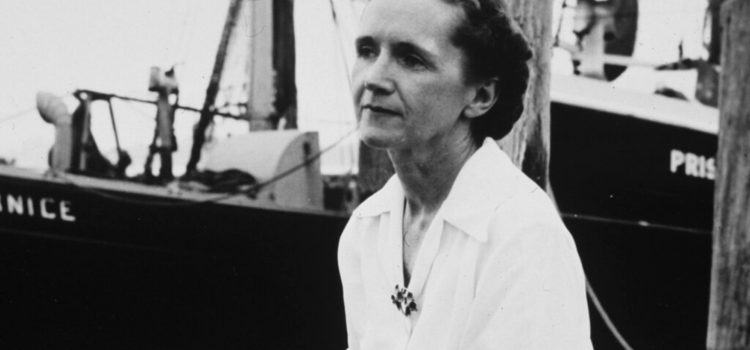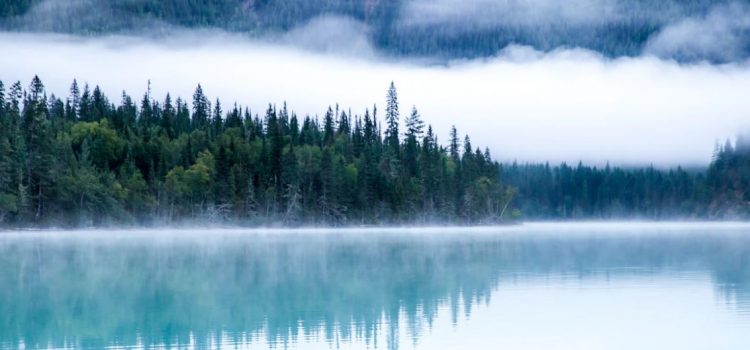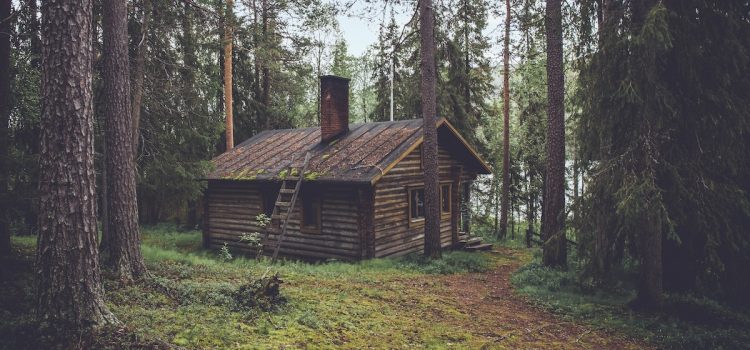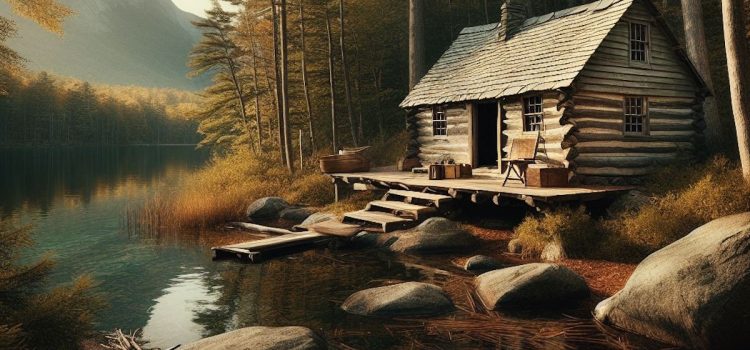Why did biologist Rachel Carson criticize pesticides? How effective are pesticides for pest control? According to Silent Spring by Rachel Carson, pesticides aren’t necessary to protect food in countries like the United States. She also argues that they threaten the nature of the ecosystem and ultimately strengthen pests. Continue reading to learn more about Carson’s findings on pesticide usage.
Rachel Carson: Pesticides Do More Harm Than Good










